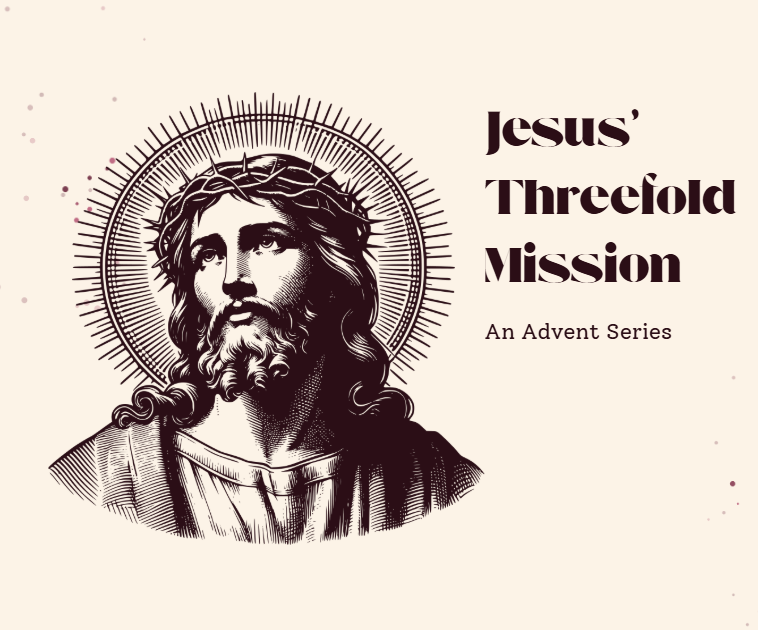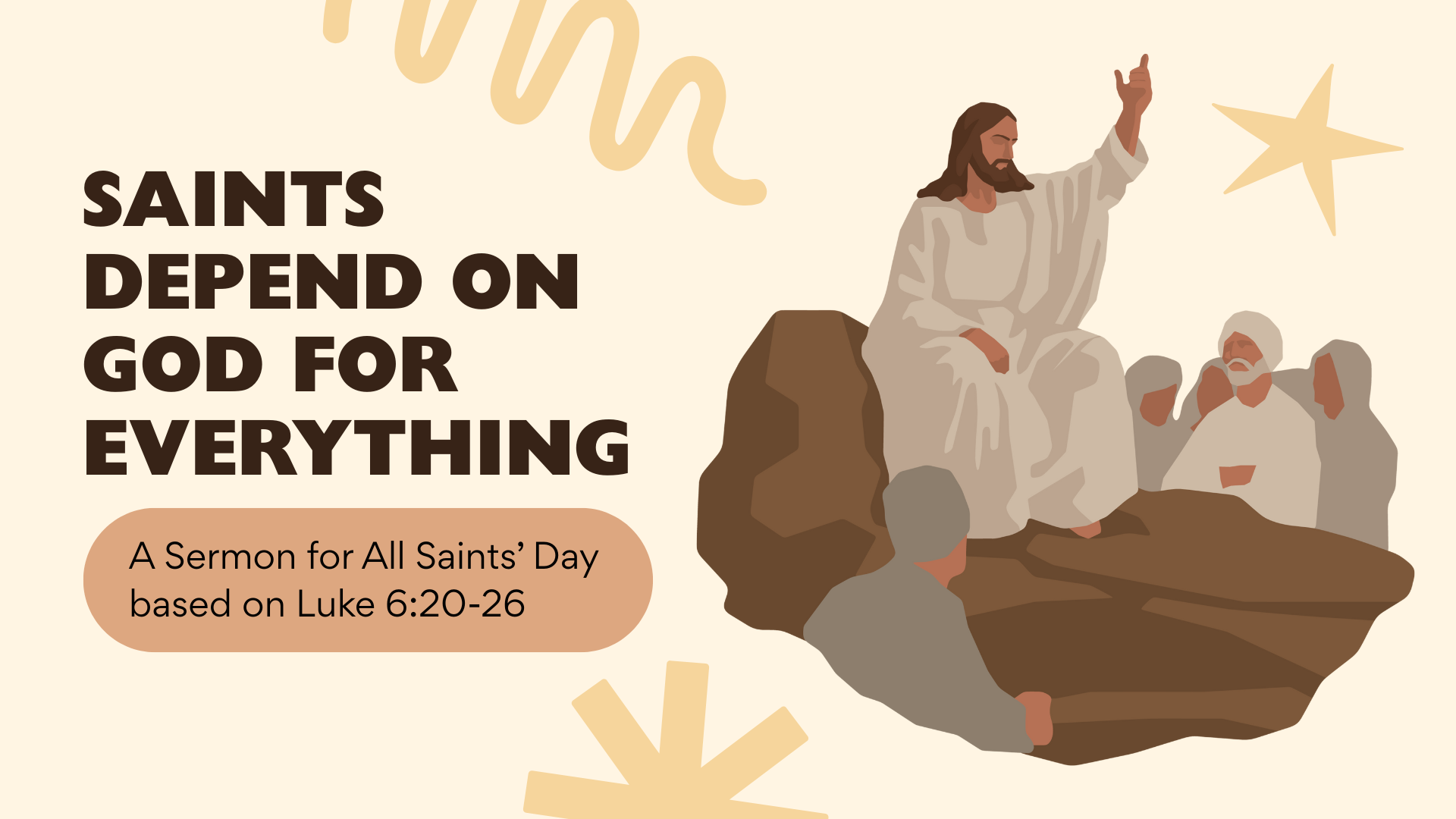Acts 19

HOW TO USE: This blog is written to serve as the basis for discussion. Find a partner or group to read through it together! Take turns answering the questions and listening to each other’s answers. Comment, email, or share your insights from your discussion with us!
Discuss or meditate on this thought: What does it mean to be “teachable”? Are there some situations in which it is more beneficial to be teachable than others? Is “teachability” ever a bad thing? What personal traits are required to be truly “teachable”?
In this chapter of Acts, you’re going to get a lot of examples of people who are teachable and people who are not. The fact is, none of us know everything – not even about the Bible. But we dare not use that as an excuse not to grow. Follow along with Acts 19. As you do, think about what it means to be a teachable Christian, what you stand to gain when you are, and what you stand to lose out on when you aren’t. Enjoy!
Read Acts 19:1-12. Paul encounters some people who are confused and who need help. We’re not positive how they received their Bible instruction, but it was incomplete. Sure, the baptism John the Baptist did was important, but even he taught that it was nothing compared to the baptism inaugurated by Jesus (see Mark 1:4-8). Once they are brought up to speed, God the Holy Spirit showed his approval in a way that is typical of the early life of the church, as you’ve noticed by now in your study of Acts.
- This section may be one of the best cases to point to whenever someone says, “It doesn’t matter what doctrines someone holds to, as long as they are sincere in their relationship with Christ.” How so?
- This section may also be great to respond to the notion, “I love Jesus and I want others to know Jesus, too. I just feel uncomfortable telling people what to do or believe.” What are your thoughts? Did Paul tell them what to believe? Is that what we’re doing when we witness to others?
- How did Paul distinguish between confused Christians and opponents to the faith? How do we tell when someone is simply struggling to walk with Christ and his people, and when they are “obstinate”?
Read Acts 19:13-22. Although not everyone believed in the Jesus Paul preached, they couldn’t doubt that there was real power in Jesus’ name.
- Some people tried to exorcise demons in Jesus’ name, but failed. What was missing from their efforts that would have made them more successful?
- James 2:19 tells us that even the demons know who Jesus is, and Luke 8:28 shows that demons fear Jesus’ power. Yet, as spiritually evil forces, they will never be able to acknowledge or glorify Jesus for his saving love. They will always hate and fear it. Therefore, what advantage do you have over demons? In other words, how do you make sure you know Jesus better than the demons do?
Read Acts 19:23-41. This section gives us a clue into the economic and religious life in Ephesus, a place where statues of gods and goddesses were popular, as was the deeply-seated beliefs in powerful spiritual forces. Folks like Demetrius could make a killing selling religious paraphernalia that would make people feel protected from dark forces, or like they were on the gods’ good sides. For Paul’s full response to these ideas, read the letter he wrote to the church in Ephesus (the New Testament book of Ephesians).
- Does any of this sound familiar? Can you think of religious enterprises that seem to profit off of people’s fear of darkness, or their desire to ensure they’re on God’s good side?
- Name all the ways in which Paul’s preaching of only one true God would be counter-cultural in a place like Ephesus.
- Paul was not happy that his teachings caused wide-spread controversy. He even tried to reason with the rioters! The city clerk had to intervene before this civil unrest got out of hand, as it would result in consequences for everyone from the Roman authorities. Reflect on the events of this whole chapter and discuss or meditate on the Christian’s role during times of civil unrest – even when that unrest is caused by faithful gospel witness. What can we apply from Paul’s example?
God bless your meditation and discussion!
Pastor Mike Cherney







